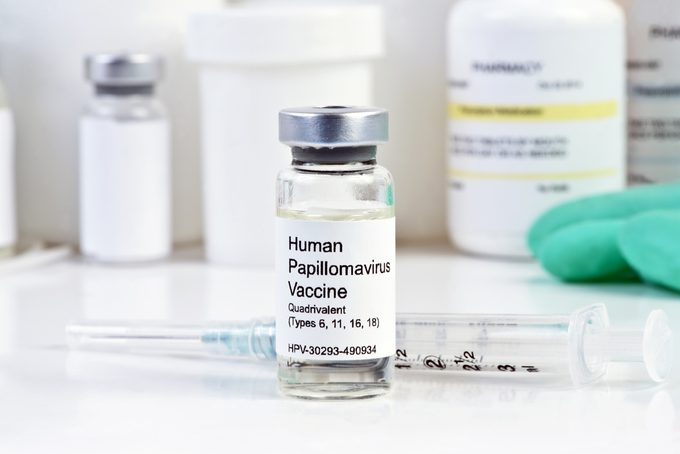Is Oral Sex Causing a Rise in Throat Cancer for Canadians?
The results of a new Canada-wide survey will surprise you.

You already know to practice safe sex. But the results of a new cross-Canada study shows that you might want to be even more careful – especially with oral sex.
The incidences of human-papillomavirus (HPV) related cancer of the throat, tongue and tonsils (oropharyngeal cancer) increased by almost 50 per cent in Canada between 2000 and 2012, according to a study published in the Canadian Medical Association Journal.
In 2000, approximately 47 per cent of throat cancers was linked to HPV. By 2012, the percentage increased to 74 per cent. Researchers gathered this data from 3,643 patients from British Columbia, Alberta, Ontario and Nova Scotia within 10 years.
The study’s co-author, Sophie Hung, a research radiation therapist at Princess Margaret Cancer Centre in Toronto, told the CBC that the results show “how the speed of the increase of this disease [is changing].”
Read on to find what you need to know about HPV and how you can practice safer sex.
1) HPV is the most common sexually transmitted infection in the world
Approximately 40 strands of HPV can affect your genital area, mouth and throat during sexual skin-to-skin contact, according to Planned Parenthood.It’s possible to be infected with HPV if your vulva, vagina, cervix, penis or anus gets in contact with another person’s genitals, mouth or throat.
2) How to have safer oral sex
If you’re sexually active, it’s likely you’ll get the HPV virus at some point in your sexually active life. In most cases, genital HPV infections are symptomless and harmless will go away on their own.
However, HPV infections that don’t clear up on their own are the ones that lead to genital warts or certain types of cancer, including cervical cancer.
For safer oral sex, use dental dams and condoms. This will lessen you and your partner’s risk of getting HPV.
3) The truth about the HPV vaccine
There are three different types of HPV vaccines: Gardasil, Gardasil 9, and Cervarix. All HPV vaccines are a safe and effective way to protect you against the strands of HPV that lead to 70 per cent of cervical cancers and 90 per cent of genital warts.
Healthcare professionals recommend all kids to get the vaccine at age 11 or 12. This way, kids are protected before becoming sexually active.
The HPV vaccine is usually given to people under the age of 26. However, if you’re interested in getting the HPV vaccine, it’s never talk too late to talk to your healthcare provider about it.




